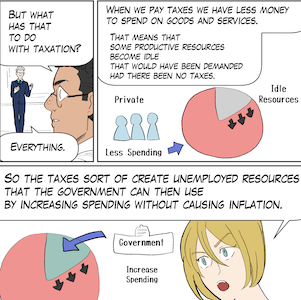Australia national accounts – government expenditure saves the economy from recession
Today (December 4, 2024), the Australian Bureau of Statistics released the latest – Australian National Accounts: National Income, Expenditure and Product, June 2024 – which shows that the Australian economy grew by just 0.3 per cent in the September-quarter 2024 and by just 0.8 per cent over the 12 months (down from 1 per cent). That growth rate is well below the rate required to keep unemployment from rising. GDP per capita fell for the 7th consecutive quarter and was 1.5 per cent down over the year. This is a rough measure of how far material living standards have declined but if we factor in the unequal distribution of income, which is getting worse, then the last 12 months have been very harsh for the bottom end of the distribution. Household consumption expenditure was flat. The only source of expenditure keeping GDP growth positive came from government – both recurrent and investment. However, fiscal policy is not expansionary enough and at the current growth rate, unemployment will rise. Both fiscal and monetary policy are squeezing household expenditure and the contribution of direct government spending, while positive, will not be sufficient to fill the expanding non-government spending gap. At the current growth rate, unemployment will rise. And that will be a deliberate act from our policy makers.
